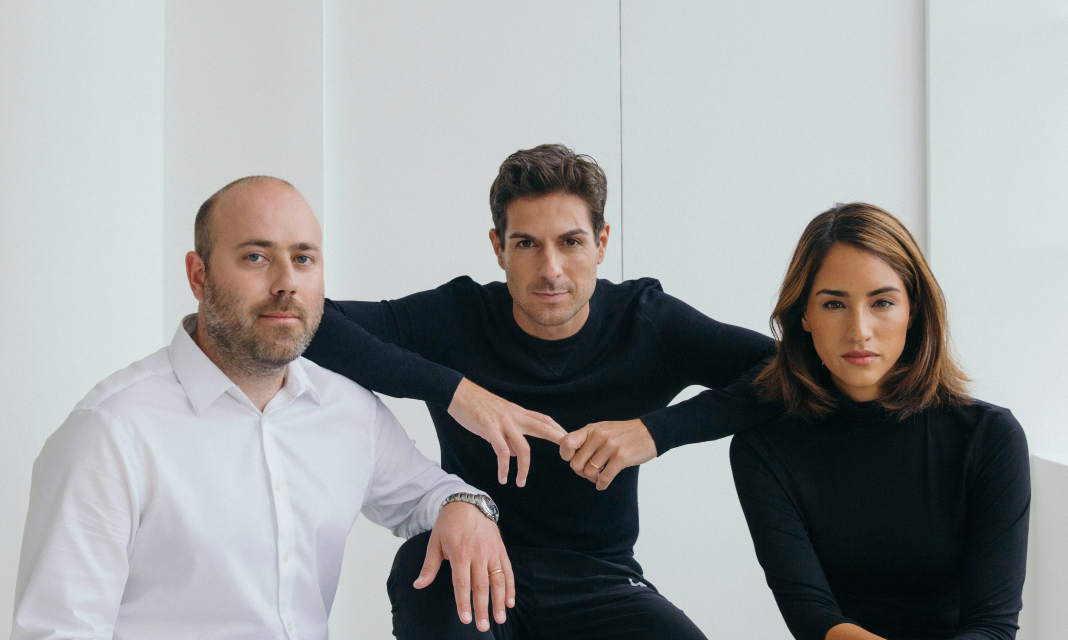Lessons on building hardware from the founders of Eight Sleep
by Greg Kumparak5/8/2024

The founders of Eight Sleep — part of YC’s summer 2015 class — set out to solve a problem that resonates with just about everybody: they wanted better sleep.
Not just more sleep. Better sleep. That real, deep, wake-up-happy sleep that most people only get when the stars align just right. A huge part of that equation, as anyone who has woken up at 2 a.m. to throw the blanket off could tell you, is temperature.
So Eight Sleep’s founders built the Pod, an intelligent mattress cover loaded with tech that learns the temps that you sleep best at and heats/cools itself accordingly throughout the night. People love it.
“Hardware is hard” is a saying for a reason, but Eight Sleep has gotten incredibly good at it over the last ten years. With the team launching an entirely new version of the Pod this week — the Pod 4, read more about that here — I asked co-founders Alexandra Zatarain, Massimo Andreasi Bassi, and Matteo Franceschetti to share some learnings that might help the future hardware founders of the world.
Here’s what they shared with me:
- Do not wait for scale to solve your unit economics. If the unit economics don’t work because you are small it’s because you don’t have a business, not because you don’t have scale. Be ruthless on immediate paybacks & [customer acquisition cost], cash conversion, and net margin. These things will not solve themselves over time; take the pain now.
- Because the development cycles for building hardware are longer, many assume that velocity is less important when building a hardware company. The exact opposite is true. Because of the physical limitations in developing hardware, fewer things are in your immediate control. This means that there needs to be even greater urgency and velocity when the team attacks the things that are in their control. A hardware company needs to move insanely fast and be willing to travel to the other side of the globe in a minute’s notice.
- Without a deep technological moat, someone else will copy your hardware and make it cheaper and faster than you can. Focus on defining the truly unique aspect of your product that will be impossible to replicate. This needs to be something more significant than a beautiful UI, it needs to be something intrinsic to the product story and that solves a real problem more effectively than anyone else.
- Make sure software and hardware development teams are closely aligned as you build your product. Any delays on either side can hold up the entire project.
- Customer support should be considered an integral part of the product experience. Products that combine hardware and software are complex and with all the moving parts it's inevitable that some things will not work perfectly. While Customer support should not make up for gaps in the product experience, it should help identify feedback or issues quickly and be an advocate for the customer.
- Invest in tools that help you diagnose customer issues faster. There are a lot of external factors that can affect hardware performance, the right tooling will allow you to root cause issues as fast as possible.
- Backwards compatibility is absolutely critical. You have to maintain your product in the field for many years and it's the only way to continue iterating quickly without a huge team.
Categories
Companies Mentioned
Other Posts
Author

Greg Kumparak
Greg oversees editorial content at Y Combinator. He was previously an editor at TechCrunch for nearly 15 years.
